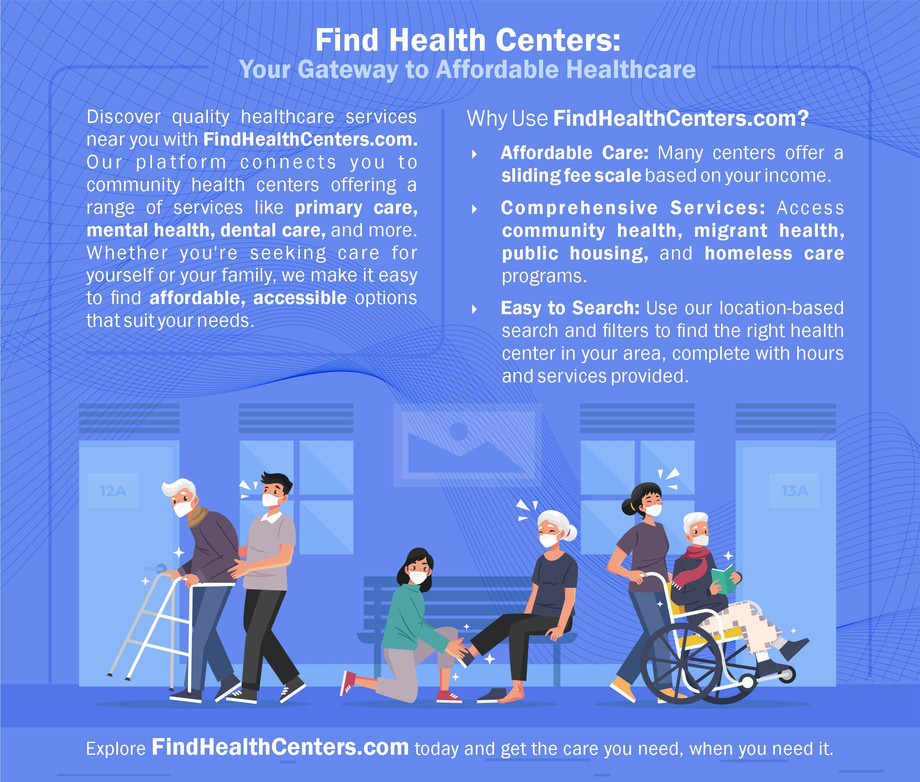Overview of Health Centers
An HRSA Federal Government Health Center, also known as a Health Center Program, is a community-based and patient-directed organization funded by the Health Resources and Services Administration (HRSA), an agency of the U.S. Department of Health and Human Services (HHS). These health centers provide comprehensive, culturally competent, and high-quality primary healthcare services to underserved populations, regardless of their ability to pay.
Key Features of HRSA Health Centers:
Comprehensive Primary Care: These centers offer various healthcare services, including preventive care, dental services, behavioral health services, and substance abuse treatment.
Serving Underserved Populations: HRSA health centers are located in areas designated as Medically Underserved Areas (MUAs) or Health Professional Shortage Areas (HPSAs). They primarily serve populations who might otherwise face barriers to receiving healthcare, including low-income individuals, the uninsured, and those living in rural or isolated communities.
Affordable and Sliding Fee Scale: Patients pay for services based on their income and ability to pay. The health centers use a sliding fee scale to make healthcare more affordable for those with limited financial resources.
Comprehensive Care Model: These centers emphasize integrated care, offering primary care, dental, mental health, and pharmacy services under one roof.
Patient-Centered Approach: Many health centers operate under the patient-centered medical home (PCMH) model, which focuses on providing coordinated and comprehensive care tailored to each individual patient's needs.
Public Health Services: HRSA health centers may offer additional public health services, such as vaccinations, health education, and screenings, to promote overall community wellness.
Visit for more info at: Health Centers Near Me (findhealthcenters.com)

